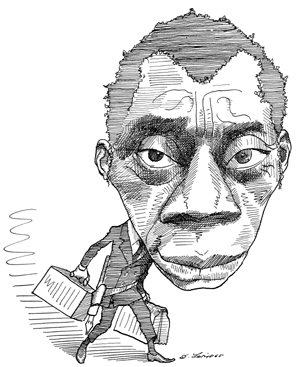

It is possible to identify the key moments in Western history when a new idea of the penis addressed the larger mystery of man's relationship with it and changed forever the way that organ was conceived of and put to use. That men have a penis is a scientific fact how they think about it, feel about it, and use it is not. It is an idea, a conceptual but flesh-and-blood measuring stick of man's place in the world. Friedman shows that the penis is more than a body part. This is the conundrum that makes the penis both hero and villain in a drama that shapes every man - and mankind along with it. A man can hold his manhood in his hand, but who is really gripping whom? Is the penis the best in man - or the beast? How is man supposed to use it? And when does that use become abuse? Of all the bodily organs, only the penis forces man to confront such contradictions: something insistent yet reluctant, a tool that creates but also destroys, a part of the body that often seems apart from the body. Here, in an enlightening and entertaining cultural study, is a book that gives context to the central role of the penis in Western civilization.

Whether enemy or ally, demon or god, the source of satisfaction or the root of all earthly troubles, the penis has forced humanity to wrestle with its enduring mysteries. By turns haunting, heartbreaking, and horrifying-and informed throughout by Baldwin's uncanny knowledge of the wounds racism has left in both its victims and its perpetrators-Going to Meet the Man is a major work by one of our most important writers. Or it may be the screen of bigotry that a redneck deputy has raised to blunt the awful childhood memory of the day his parents took him to watch a black man being murdered by a gleeful mob. It may be the brittle piety of a father who can never forgive his son for his illegitimacy.

It may be the heroin that a down-and-out jazz pianist uses to face the terror of pouring his life into an inanimate instrument. But you try all kinds of ways to keep from drowning in it." The men and women in these eight short fictions grasp this truth on an elemental level, and their stories detail the ingenious and often desperate ways in which they try to keep their head above water.


 0 kommentar(er)
0 kommentar(er)
